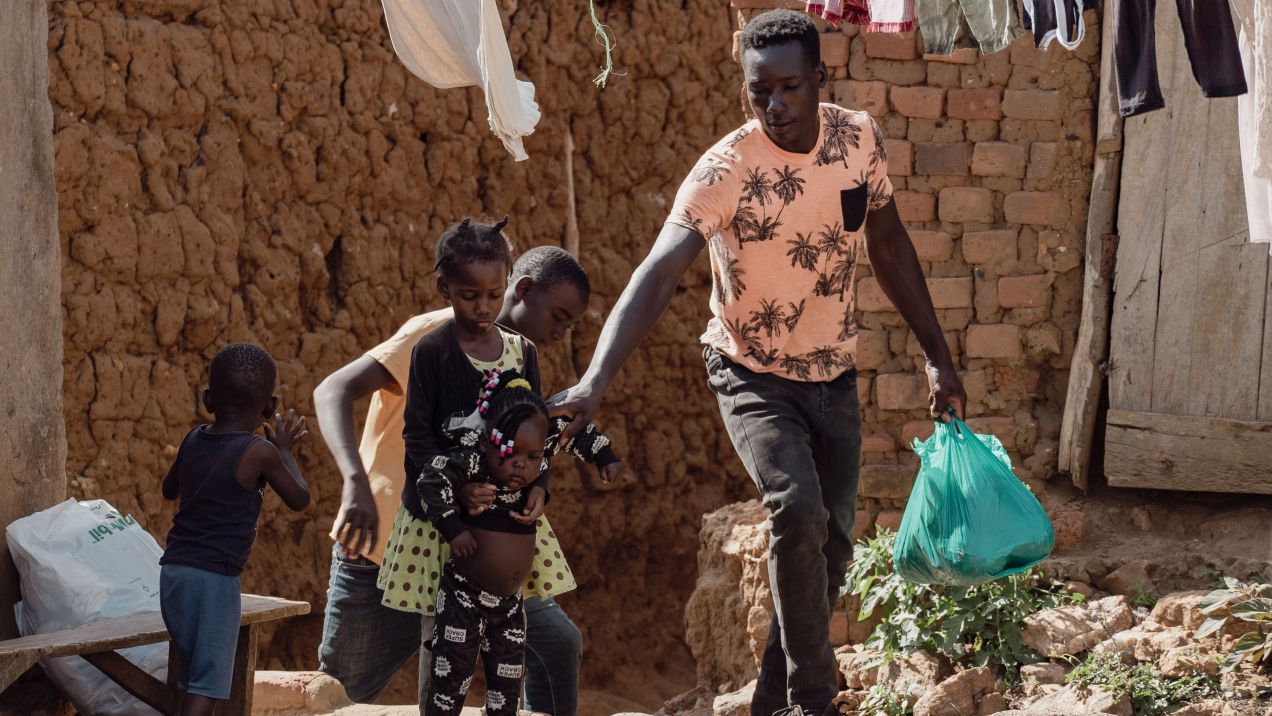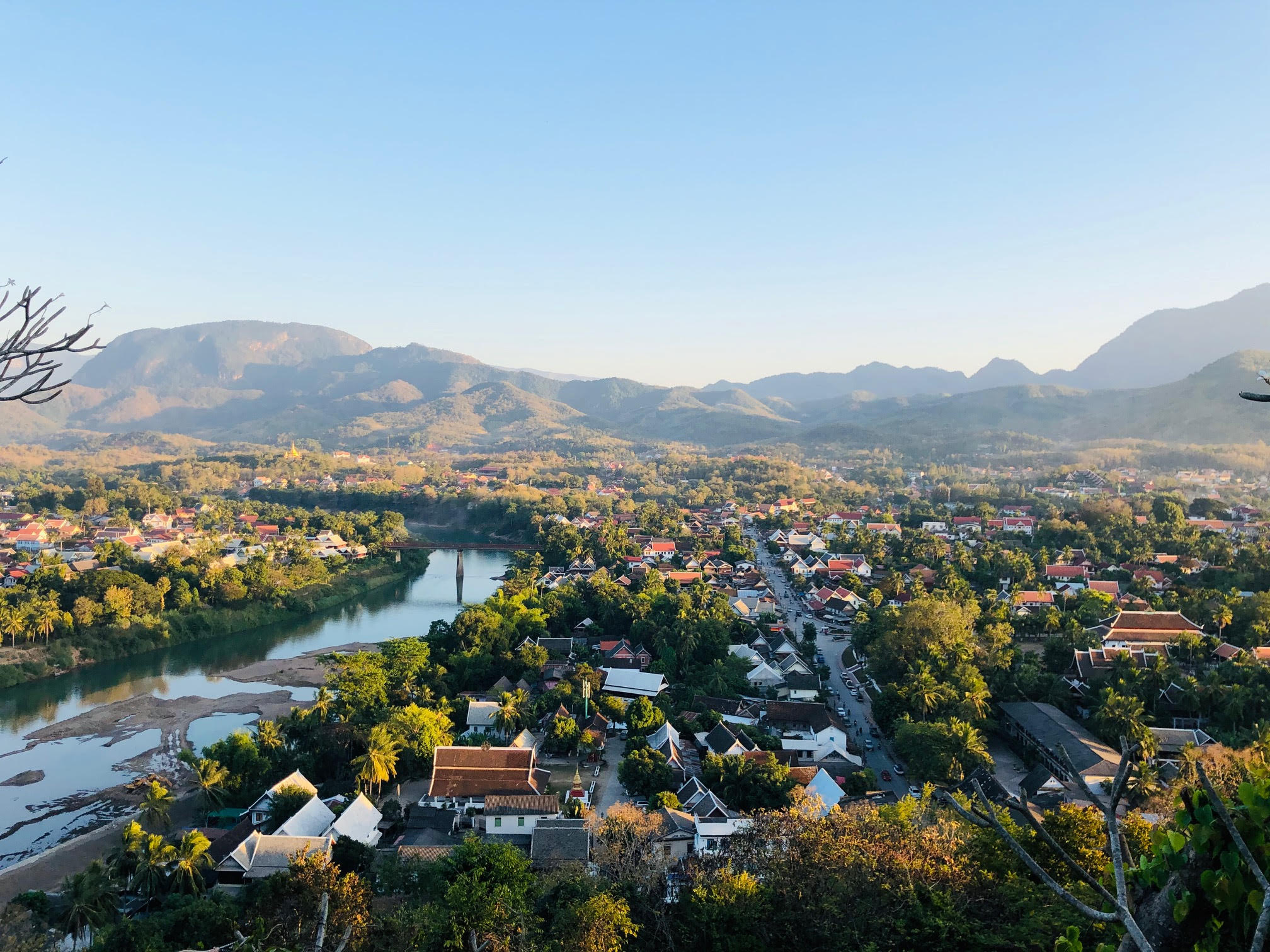The Cities Alliance-led Country Programme took an important step forward during a learning event held 2 December in Senegal, when the partners from four African countries lent their support to the formation of a learning, sharing and collaborative network.
The learning event was held in Dakar to coincide with the Africities Summit, which took place 4-8 December.
The unanimous decision to build an exchange platform came after a day of engagements in which partners from Uganda, Burkina Faso, Ghana and Mozambique shared how they were pushing the boundaries of urban development in their respective countries.
With his opening address Cities Alliance Sr. Urban Specialist Julian Baskin emphasised the need for coherence of effort and this theme carried through the day with partners coming to terms with what could be learned from other stakeholders and other countries.
This knowledge exchange is especially relevant since the various Country Programmes are at different stages in development, and some participants are more familiar with the concept than others. The Country Programme approach—with its focus on building partnerships, coherence of effort and involving the urban poor—is a new way of looking at urban development and implementing aid effectiveness in a practical way.
For example, the Transforming the Settlements of the Urban Poor in Uganda (TSUPU) programme has been underway for three years, and Uganda has had the opportunity to experiment with different approaches. A clear coherence of effort is emerging in Uganda, and TSUPU is already generating concrete results.
In the spirit of collaboration, Urban Development Commissioner Sam Mabala shared some of the unique interventions that TSUPU partners are implementing in Uganda, helping his fellow participants gain a better understanding of the Country Programme approach and some of the innovative ways it can be applied.
In the hands of multilingual Cities Alliance Sr. Urban Specialist Serge Allou, it was clear that language would not be a barrier to learning as country representatives confirmed their network agenda to include:
- Building community, citizenship, social mobilisation and inclusion;
- Knowledge that is required to bring about transformation;
- Creating synergies between governments and grassroots communities; and
- Developing sustainable local authorities.
Moving forward, the participants suggested establishing a committee to facilitate further exchanges, including one to Uganda to see the activities there firsthand.




